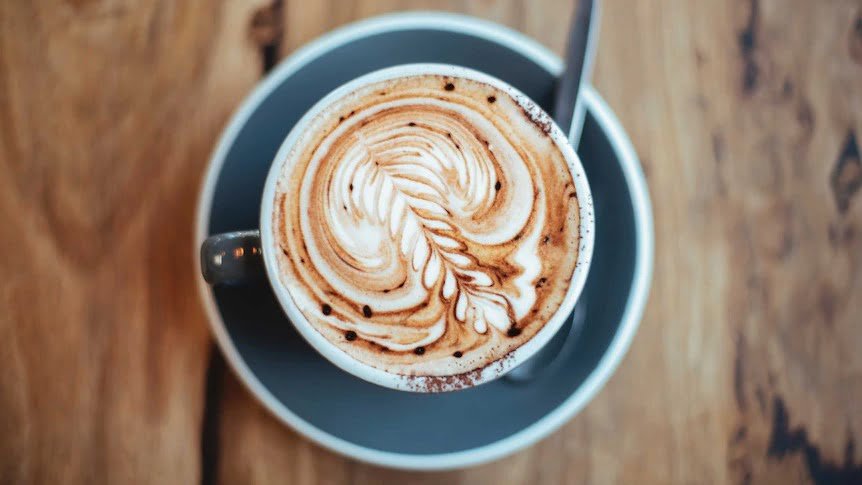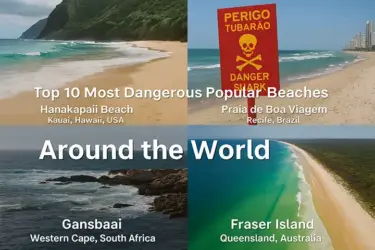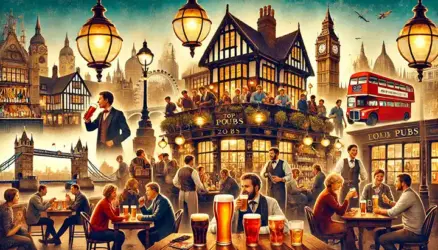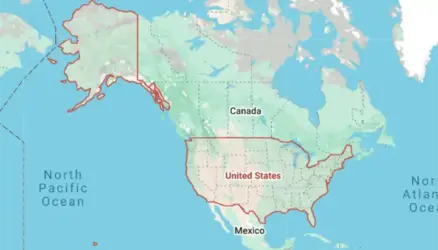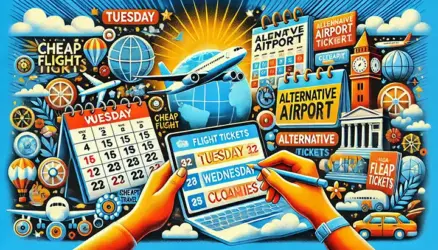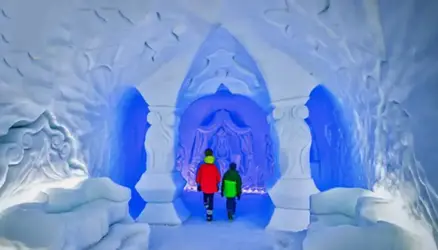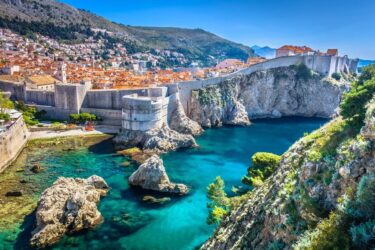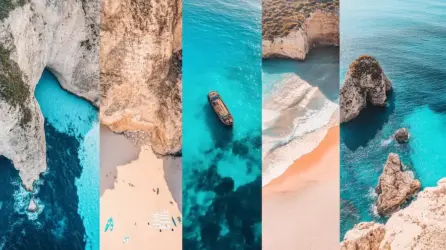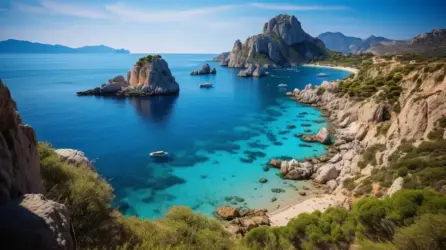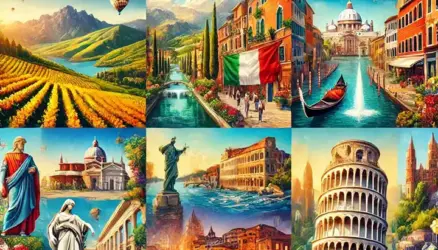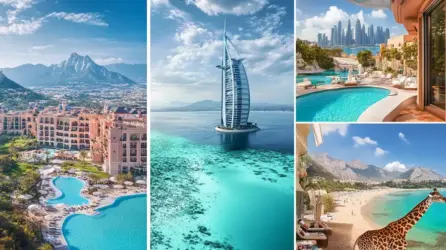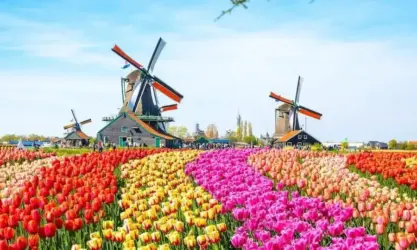Coffee lovers’ favourite destinations
If you enjoy coffee, why not plan your next trip to find the perfect cup? To assist you in your search, we have compiled a list of the best coffee destinations in the world.
The menu is as eclectic as the way you order coffee. It includes places where coffee is a millennial tradition, places where you can see coffee being made up close, and cities with vibrant coffee scenes full of trendy coffee shops and passionate roasters on every corner.
Canada: Vancouver
Vancouver, Canada, must be on this list due to its sustainable proposal. The city encourages the production and preparation of organic and fresh beans.
A walk around the city will reveal a plethora of small coffee shops staffed by baristas skilled in the preparation and extraction of beans. A good recommendation is to try cold brew coffee, which is very popular in the city.

United States: Seattle
Seattle is known as one of the world’s coffee roasting center. In terms of coffee culture, some compare it to Rome, Vienna, and Melbourne.
The demand for specialty beans has resulted in an explosion of coffee shops throughout the city in recent years. It’s no surprise that it’s the birthplace of the world’s largest and most famous coffee shop chain, Starbucks, which still operates its first location in Pike Place Market.
Roasting points can be found in cool Seattle neighborhoods such as the University District and Capitol Hill. Pineapple, the Watertown Hotel’s coffee shop, is also on the premises.
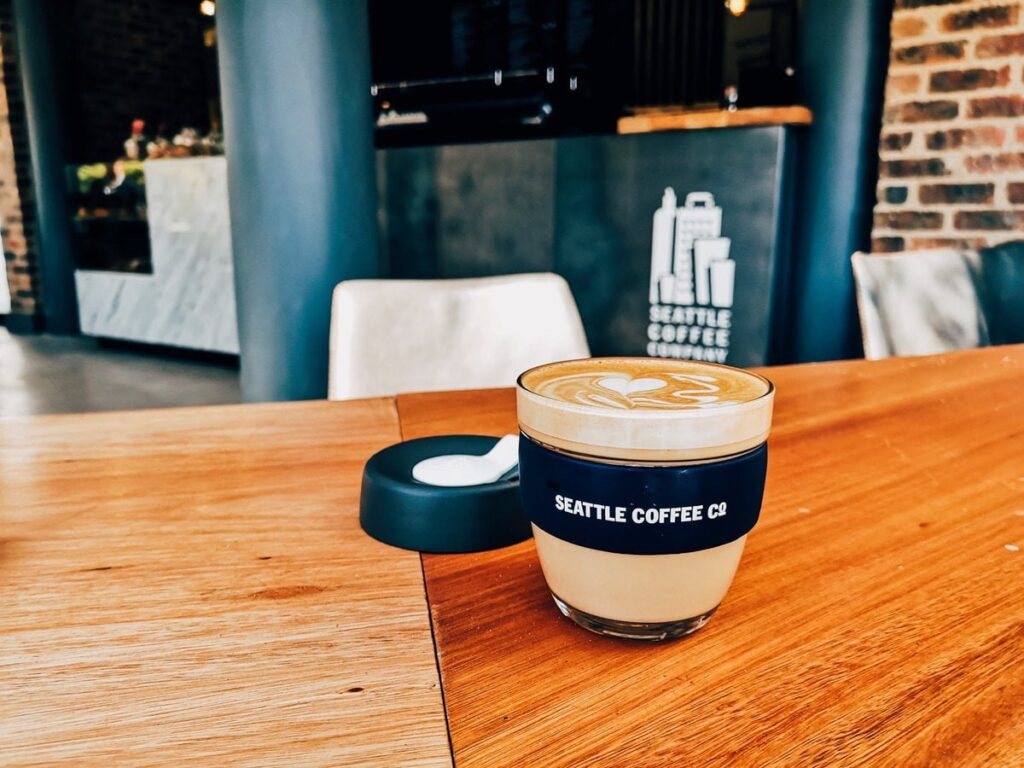
Latin America
Brazil: São Paulo, Minas Gerais and Paraná
Coffee is Brazil’s second most popular beverage. The country is the world’s largest coffee producer, with thousands of coffee farms spread across several regions.
Sao Paulo is well-known for its large number of coffee shops, roasters, and labs. It is also constantly introducing new trends throughout the country, such as the innovative Coffee Lab, which functions as a coffee academy.
Sao Paulo is an ideal starting point for a number of coffee routes in Minas Gerais and Paraná. It is possible to plan coffee-specific itineraries that include visits to historic farms and lodging in rural properties.
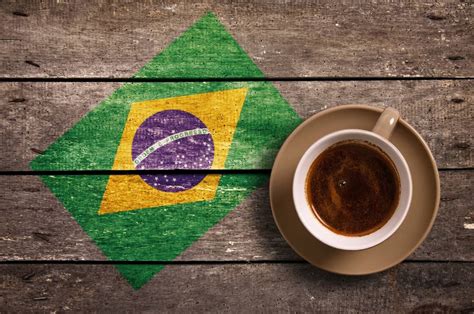
Panama: Boquete, Chiriquí
From Mexico to Panama, the entire Central American region has geographical (high altitude) and climatic conditions favorable for coffee cultivation.
Because of its numerous gourmet coffees, Panamá is the Caribbean’s highlight. El Geisha Arabica coffee, for example, is notable for its floral aromas, fruity tones, and delicate acidity.
Boquete, located in Chiriqu, is surrounded by fertile land ideal for coffee cultivation and is close to the Volcán Bar National Park.
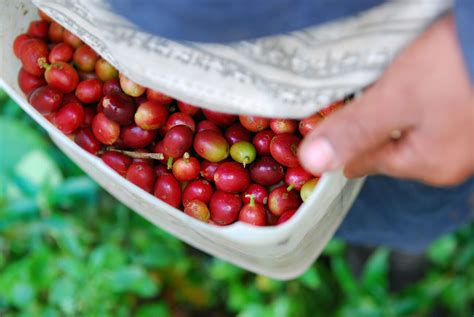
Colombia: The Coffee Triangle
Colombian coffee is widely regarded as one of the best in the world. The European Union has even certified its production areas with the IGP (Protected Geographical Indication). Coffee tourism is very popular in the country, particularly in the Coffee Triangle region, which includes the cities of Caldas, Risaralda, and Quindo.
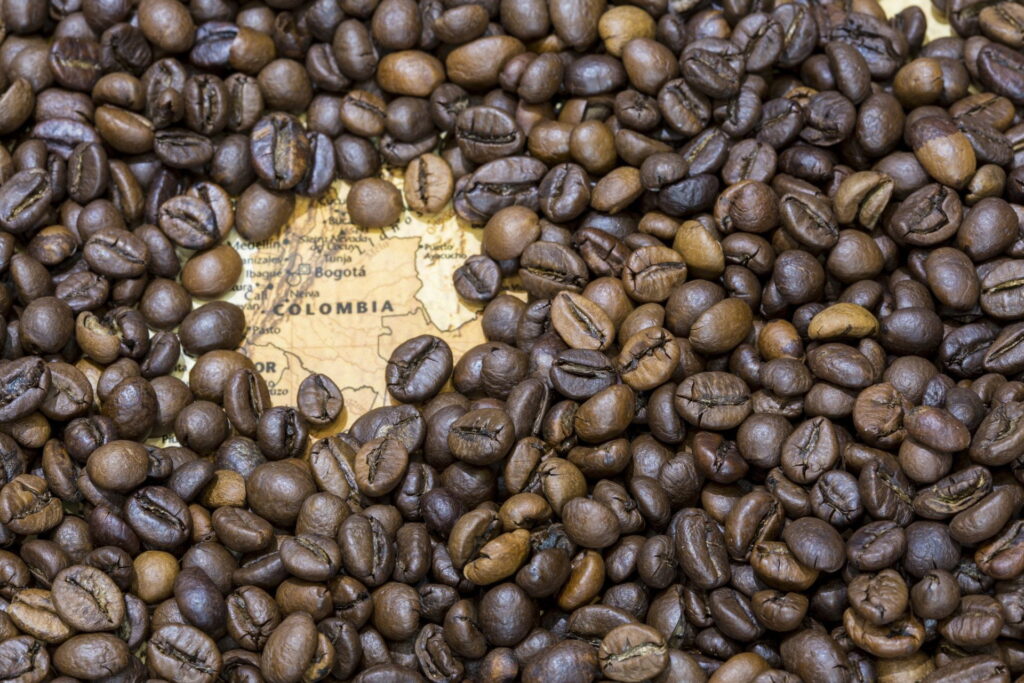
Argentina: Buenos Aires
Argentina is more than just parrilla, wine, and tango. It is also a coffee stop that should be on your itinerary. Although Buenos Aires has had cafes since the mid-nineteenth century, the city’s coffee culture has only recently begun to flourish.
Try the classic café con Leche (similar to a latte) or the lágrima (milk with hot foam and a few drops of coffee) in the city.
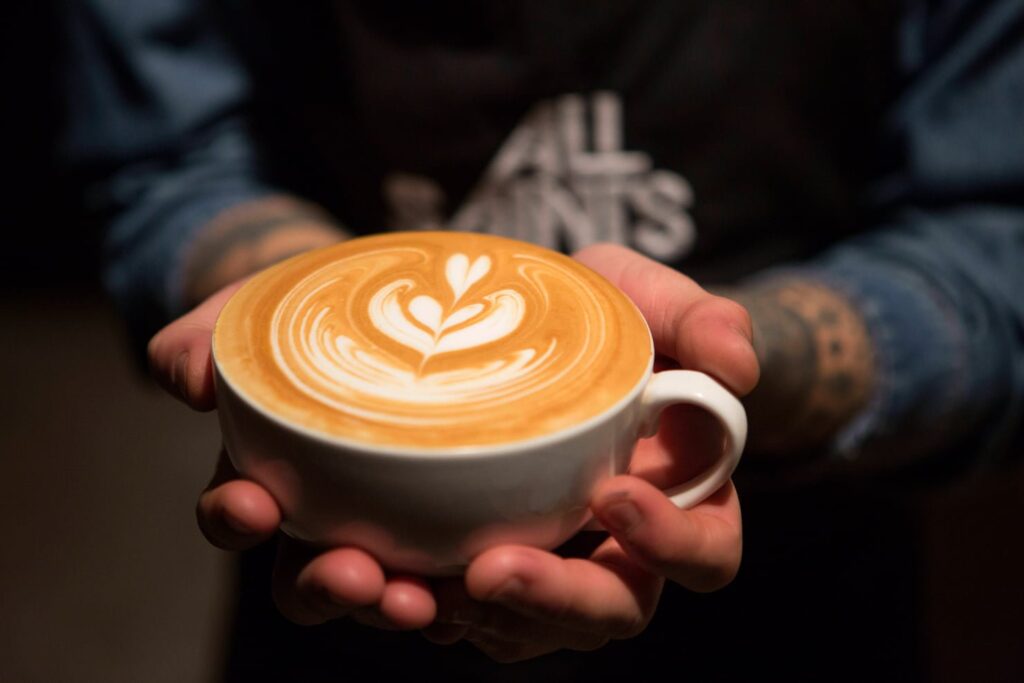
Cuba: Havana
Coffee shops in Havana, Cuba’s capital, typically grind their beans on the spot. Cuban coffee is also prepared in an unusual manner. It is served very sweet, an espresso shot full of sugar to be consumed in one shot, usually in the late afternoon. A fantastic choice for recharging your batteries at the end of the day!
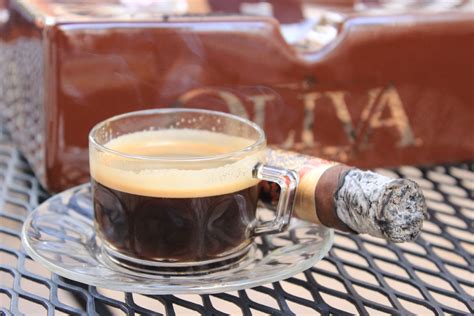
Africa
Ethiopia: Addis Ababa
Ethiopia is the birthplace of coffee and one of the world’s largest producers. Coffee is so important in the local culture that it is included in a special ceremony held to signify friendship. People spend hours roasting, grinding, and preparing coffee for communal consumption during the ceremony.
The best coffee shops in the country can be found in Addis Ababa, the country’s capital. The city has a variety of coffee shops with various profiles that combine traditions, millennial techniques, and ceremonies with current trends and novelties.
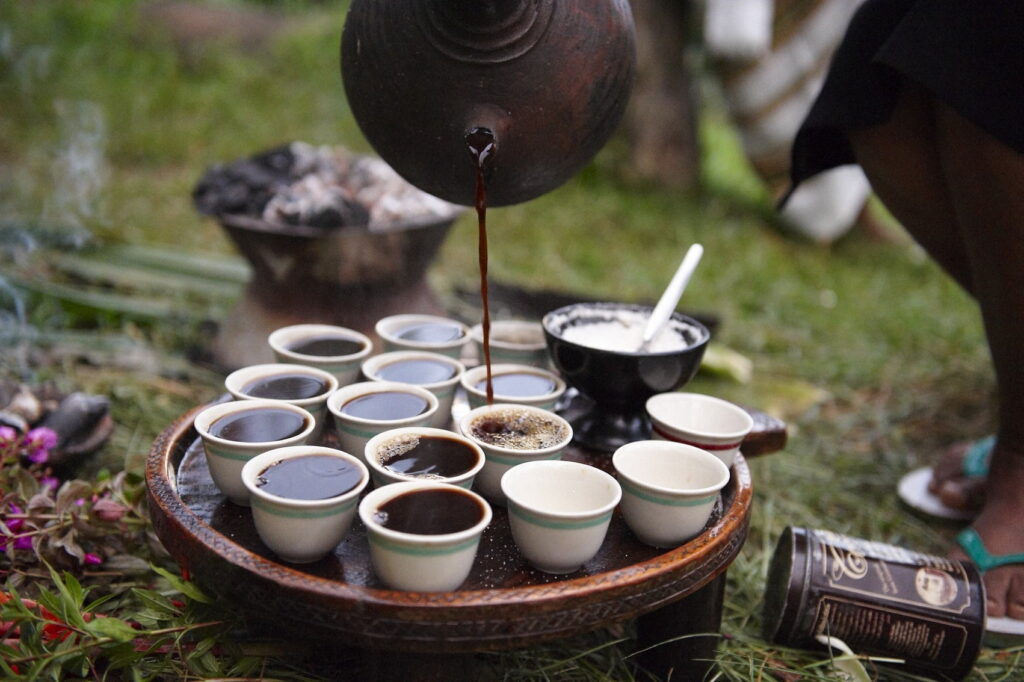
Europe
Italy: Rome
Italy is one of the European coffee brewing pioneers, and Rome is one of the best coffee shop destinations. The famous espresso, latte, cappuccino, macchiato, and caffè d’orzo are all Italian creations.
In Italy, coffee shops are referred to as bars, and the price of coffee varies depending on how you order it. When you order “un caffè al tavolo” at the table, it can cost twice as much as when you order “un caffè al banco” at the counter.
Each region of the country blends its cultural identity by incorporating various grains and roasts into the drink preparation. If you visit Sicily, for example, try caffè d’un parrinu, an Arabic-inspired coffee flavored with cloves, cinnamon, and cocoa.
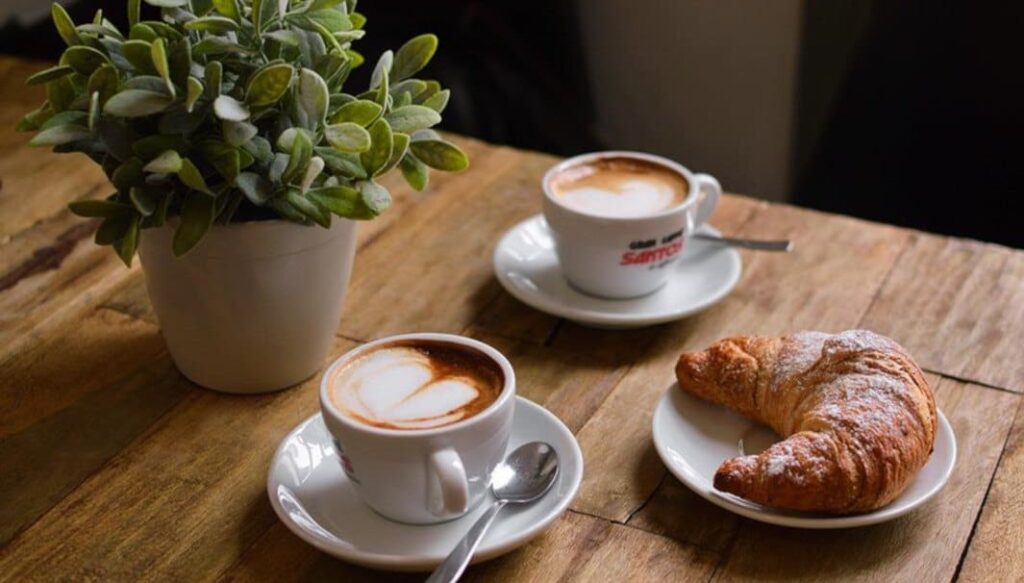
Austria: Vienna
Vienna is one of the most traditional coffee destinations in the world. Unesco has designated Vienna’s coffee as an Intangible Cultural Heritage.
The Wiener Melange (Viennese Blend), an espresso served with milk foam, is one of the most well-known preparations. The Einspänner, which is topped with whipped cream rather than milk foam, is another option.
Do not miss the Viennese cafes or kaffeehaus in the Weiden district, a hipster neighborhood in the region, when visiting the city. Vienna also has a park dedicated to Johannes Diodado, the founder of the city’s first coffee shop, and it hosts the famous Vienna Coffee Festival.

Ukraine: Lviv
Lviv, Ukraine, was also designated as a UNESCO World Heritage Site for its coffee tradition, which dates back to the late 18th century. Austrian newcomers to the region who established the coffee culture, which has become an important part of the country’s history.
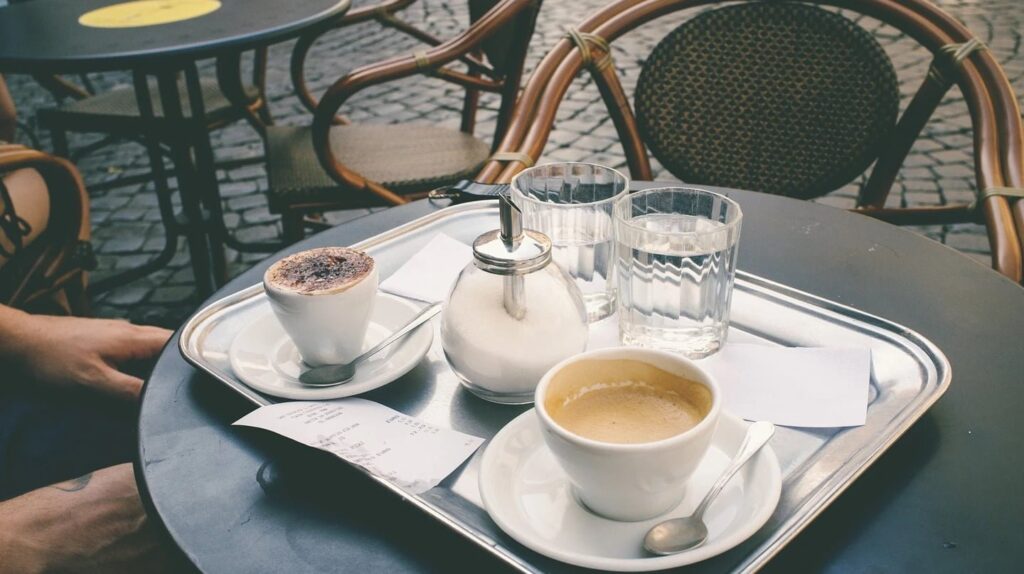
Holland: Amsterdam
It comes as no surprise that Holland is included on this list. Amsterdam has a number of coffee shops and roasting locations that are popular with both locals and tourists.
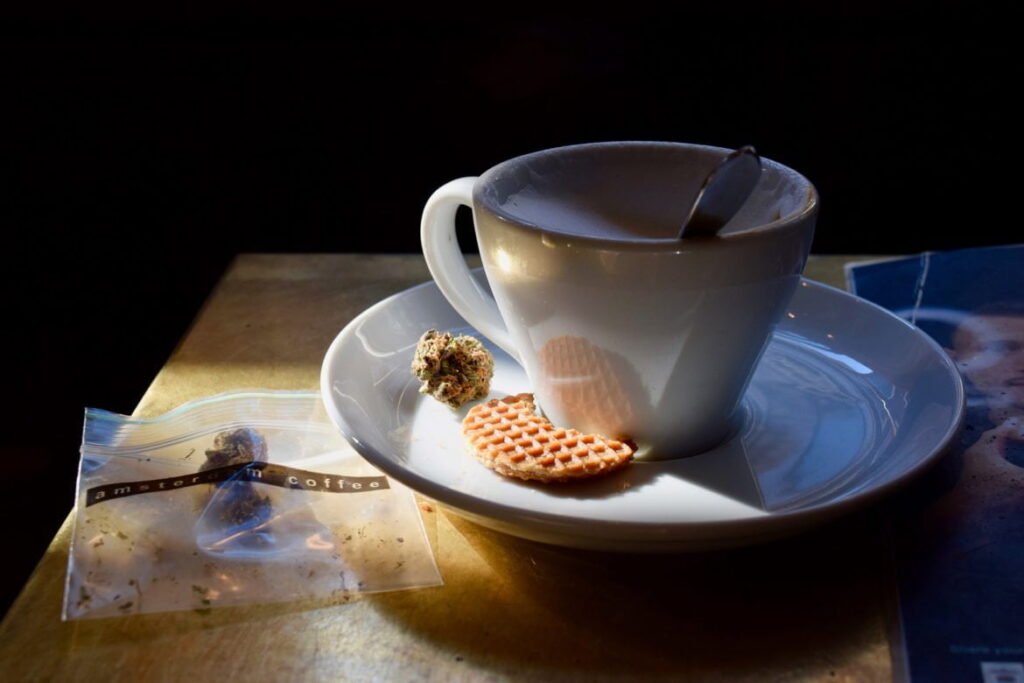
France: Paris
In Paris, there is no lack of cafes. Many of which have tables on the charming streets’ sidewalks. Sitting down to a Parisian-style coffee feels like you’re in a movie.
The creative community gathers in the trendy 11th arrondissement neighborhood for fun and good food, including bars and boutique cafes.
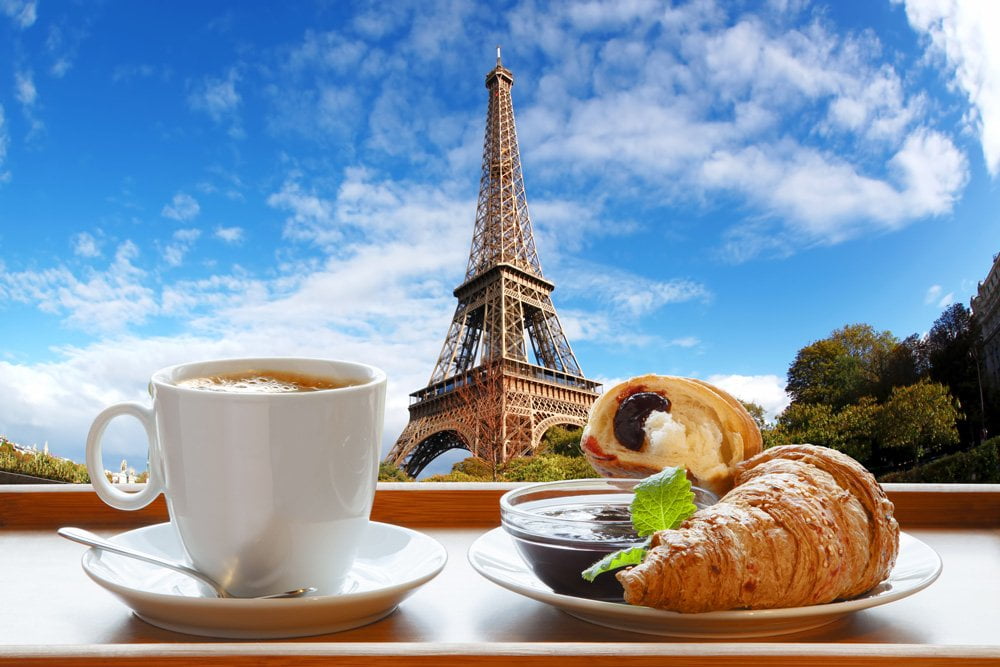
Turkey: Istanbul
Turkey is unquestionably one of the most traditional coffee-producing countries. Coffee has been consumed in the country since the Ottoman period. If you enjoy full-bodied, concentrated coffee and are looking for a one-of-a-kind coffee experience, Istanbul is an excellent choice.
The traditional Turkish coffee preparation differs greatly from the conventional method. Turkish coffee requires a dark roasted bean that is finely ground. The drink is not strained, and the coffee powder is mixed with water in a cezve kettle until it boils. It is then served directly into cups made of porcelain (kahve finkan).
Coffee grounds remain at the bottom of the cup because Turkish coffee is unfiltered. To avoid drinking the grounds, you should stop drinking a little before the end.
Have you heard of Caffeomancy, which is the practice of reading the future from coffee grounds? So, use your trip to Turkey to read your fortune at the bottom of the cup.
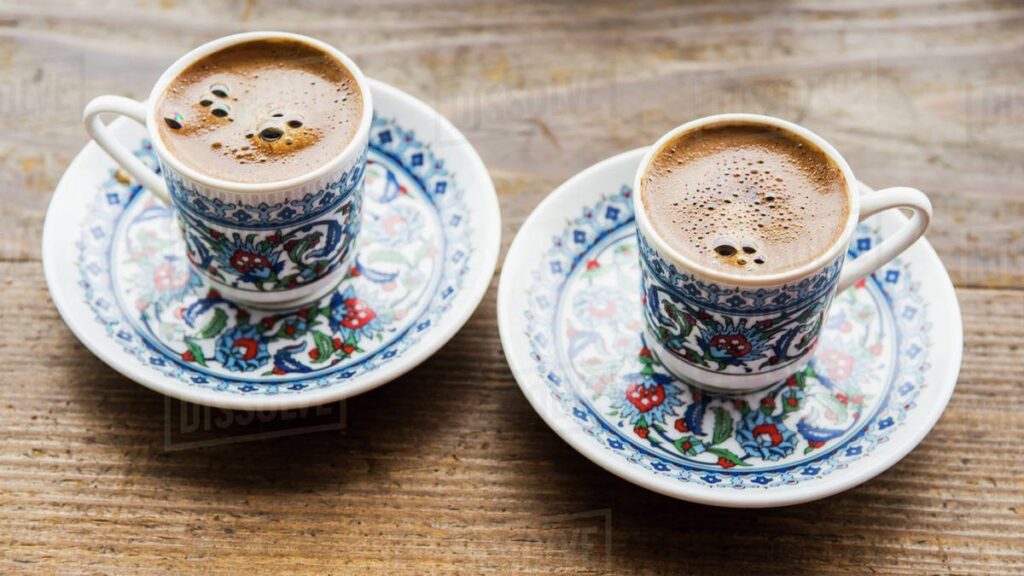
Asia
India: Chennai
Despite being one of the world’s leading coffee producers, locals prefer tea to coffee. As a result, the production of Indian coffee beans has been geared toward export to Europe, particularly Italy.
However, coffee has a place, as it is widely consumed in the country’s south. The Filter Kaapi is a traditional way of drinking coffee in India. The drink, known as Kaapi, is a strong, full-bodied combination made up of roughly 80 percent coffee beans and 20 percent chicory. It is made with a traditional Indian filter and a little milk and sugar. Filter Kaapi is best tried in Chennai, where it is known as Madras Coffee.
The Monsoon Malabar process, in which the coffee beans are exposed during the monsoons from July to September, is a highlight in Indian coffee. It is distinguished by its low acidity, intense flavor, and full-bodied.
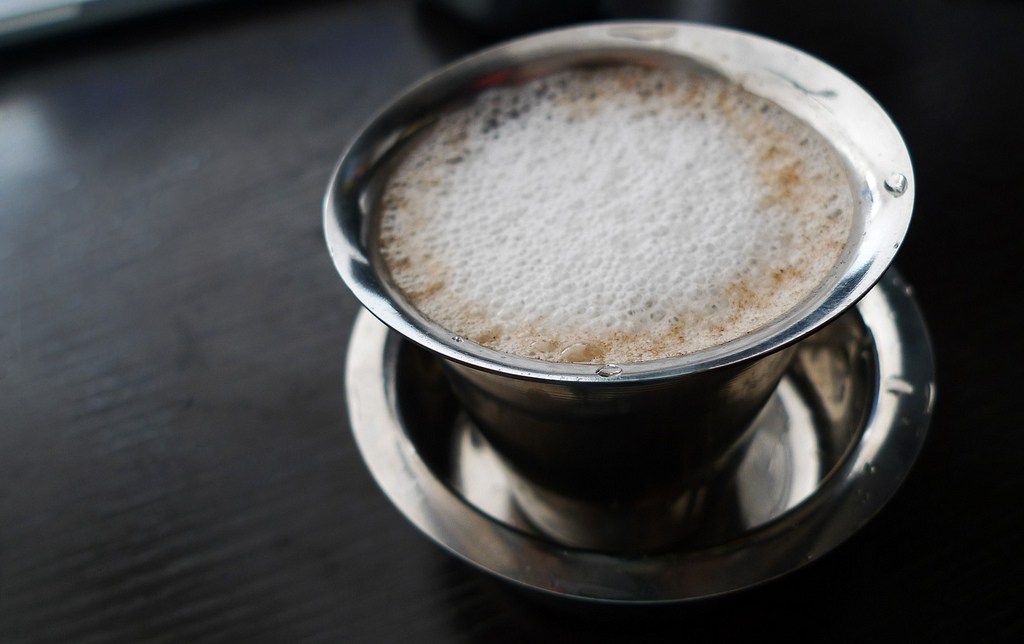
Vietnam: Hanoi and Ho Chi Minh City
The coffee bean was introduced to Vietnam by French settlers in the mid-nineteenth century, who used a special brewing method for Robusta beans.
The most popular preparation is the Cà phê den, which is made with a metal filter (phin) that drops the drink directly into the cup. It’s a short, strong, full-bodied coffee with lingering chocolate notes.
In addition to pure black coffee, Vietnamese coffee is served with a layer of condensed milk at the bottom of the glass, either hot or cold. To sweeten and balance out the bitterness. This coffee is known as Cà phê sa.
Coffee with an egg yolk and condensed milk cream on top is practically a dessert.

Taiwan: Taipei
Taipei has transformed into a coffee lover’s paradise. Cold brew, made with a long cold infusion or room temperature water, is one of the city’s outstanding techniques. The Japanese technique is already being used in several other countries and has opened the door to the creation of various coffee drinks and cocktails.
Modern coffee shops with high-quality, freshly ground beans can be found in Taipei.
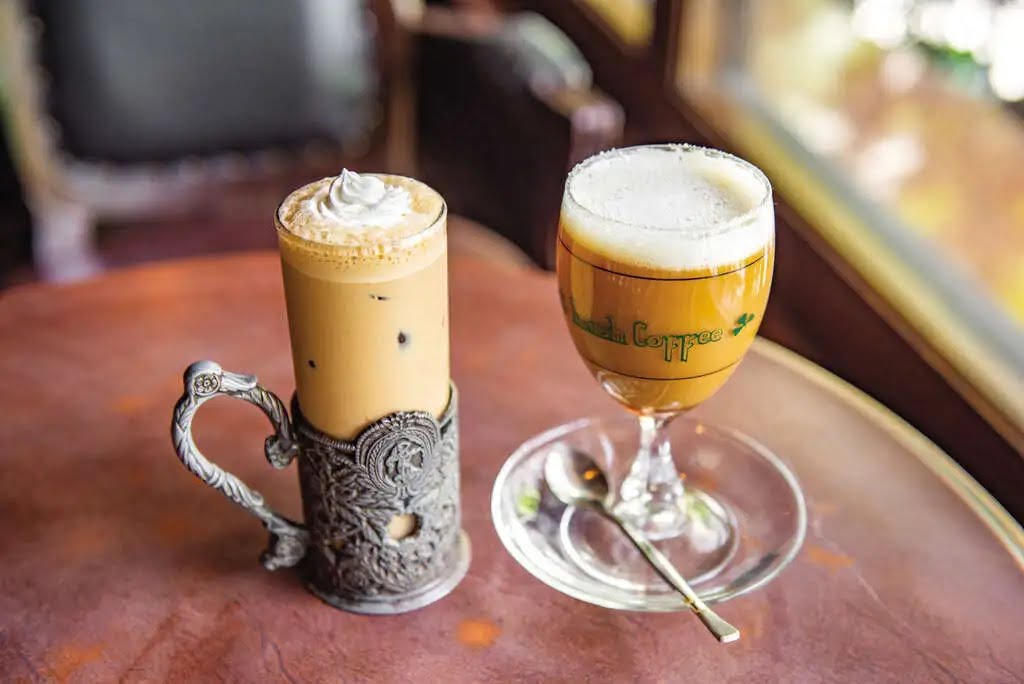
Indonesia: Jakarta and Yogyakarta
Indonesia is another coffee-producing country with a strong coffee culture rooted in the local way of life. The country is well-known for its distinctive coffee varieties and methods, including Java, Sumatra, Toraja, and Gayo.
Jakarta is filled with coffee shops that provide a taste of the city’s rich coffee culture, using beans from the archipelago’s many islands. Add the city of Yogyakarta, which is also on Java Island, to your itinerary for a more immersive cultural experience. Try the Kopi Joss, a cup of coffee literally heated with embers served at warung kopi (street stalls).
Indonesia also produces one of the most expensive coffees in the world: Kopi Luwak, whose beans are harvested from the feces of a local animal.
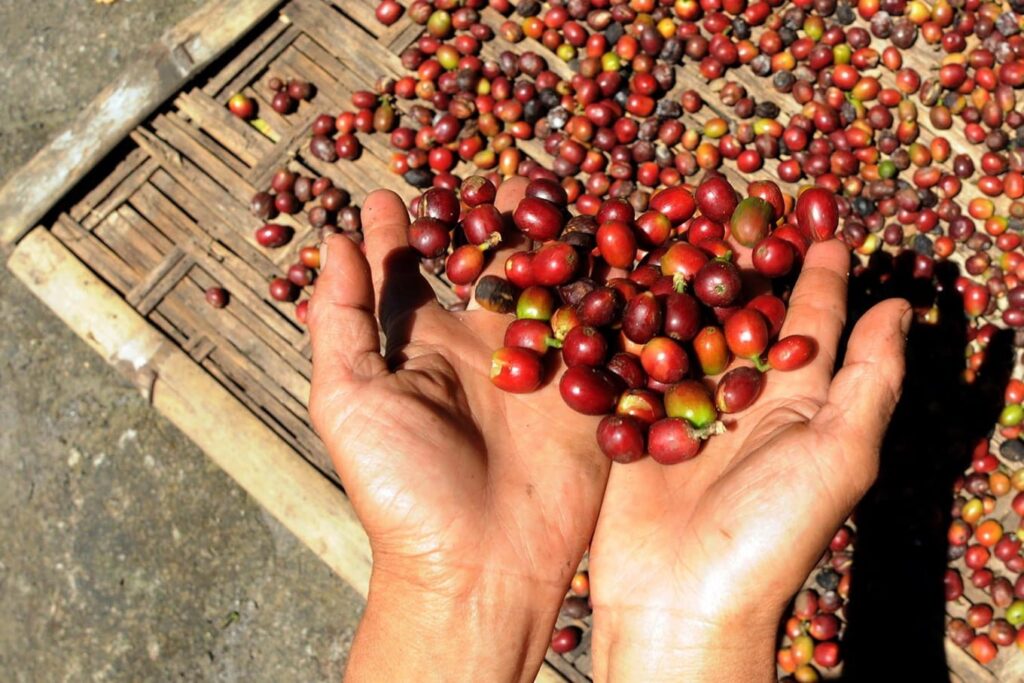
Oceania
New Zealand: Wellington
Wellington is a coffee destination whose culture is defined by its diversity. In the downtown area, the city provides a few roasting options. From the streets, you can already smell coffee.
Coffee shops abound, ranging from modern, hipster to more traditional waterfront options.
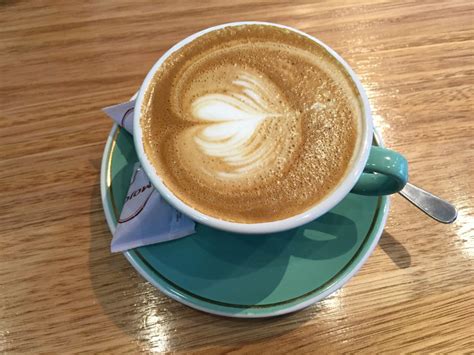
Australia: Melbourne
Melbourne is known as Australia’s coffee capital, with a plethora of coffee shops. Each neighborhood in the city has a variety of coffee shops, ranging from hipster to more traditional.
Melbourne also hosts the International Coffee Trade Show. Abode 361 and Axil Coffee Roasters must be included on your coffee shop tour.
